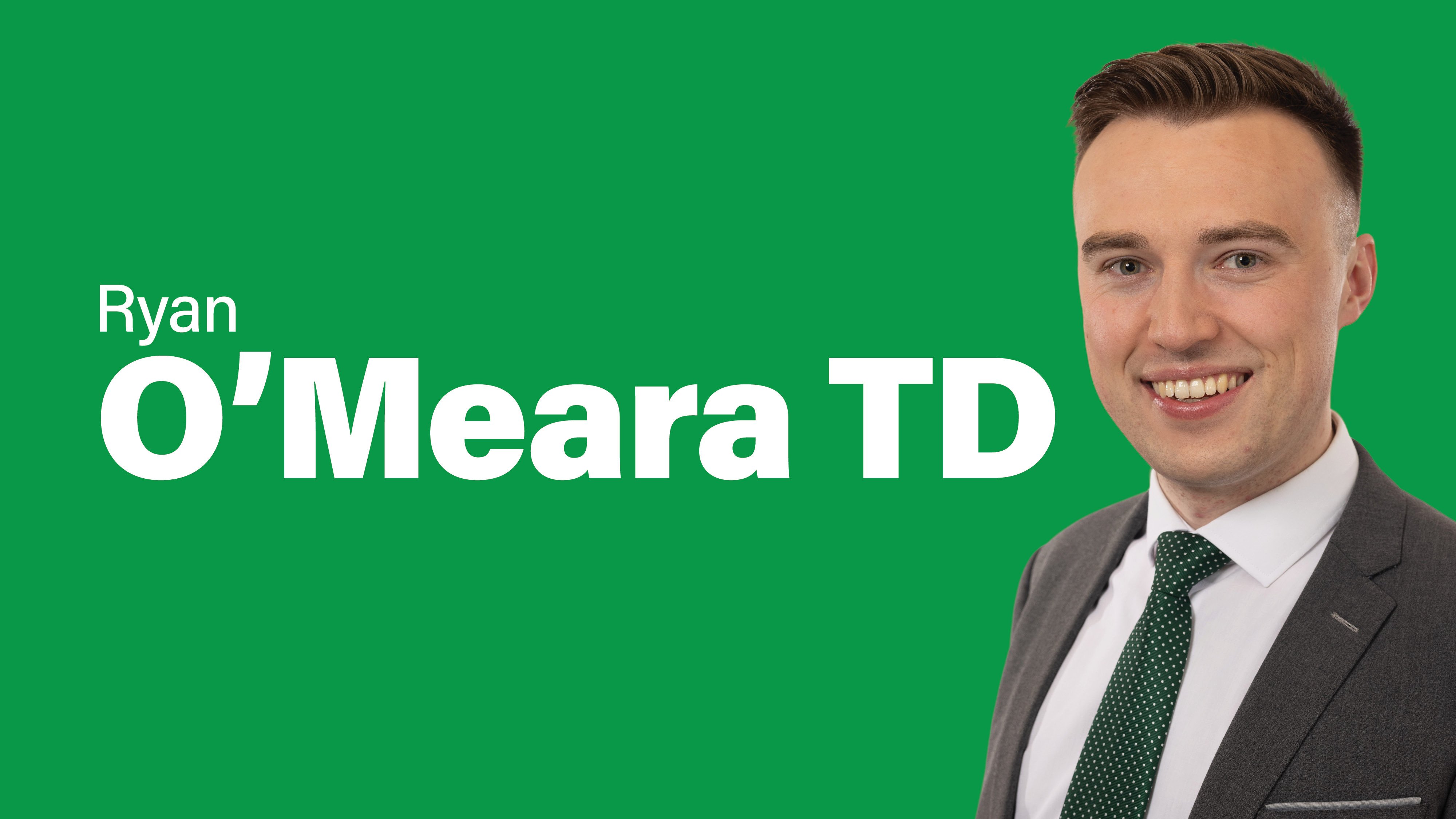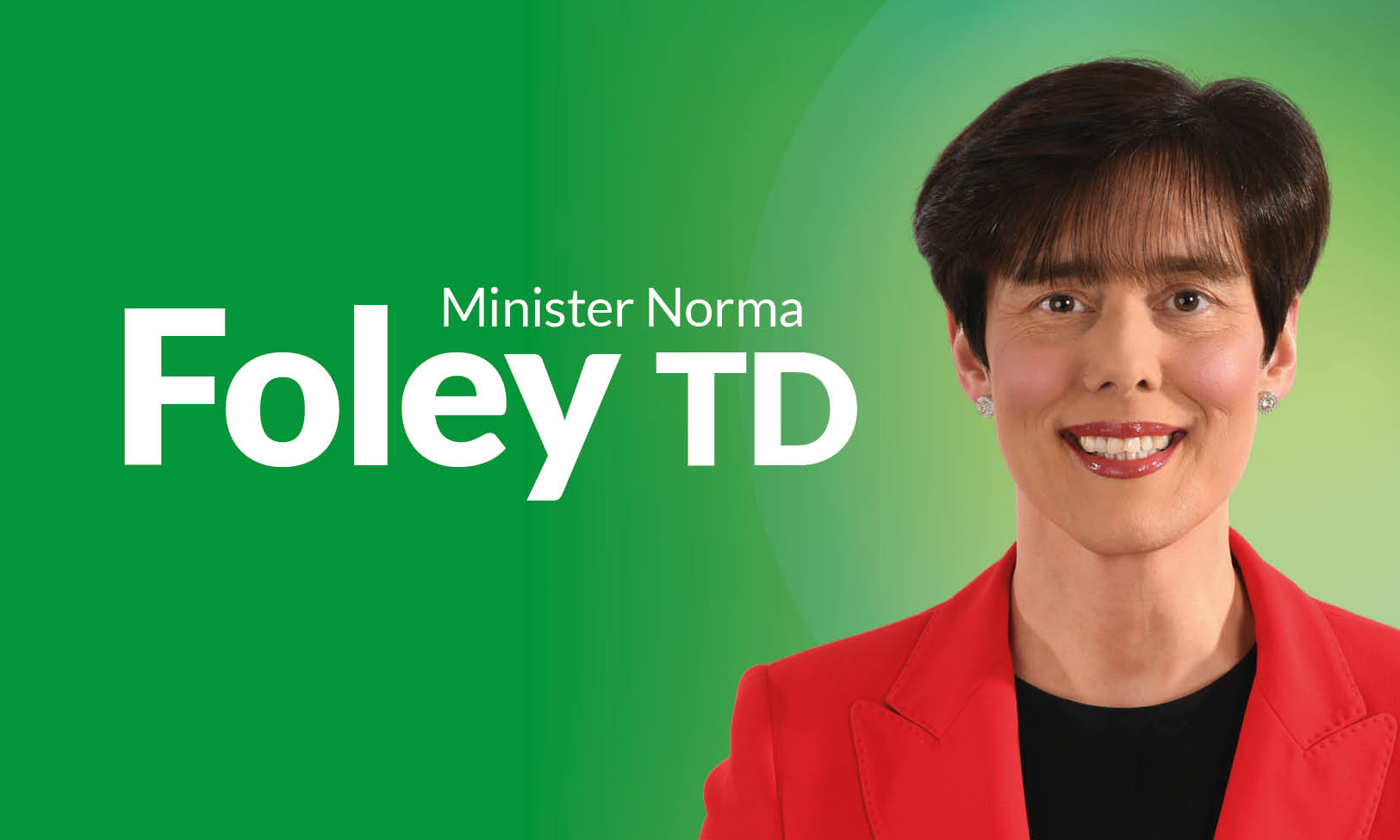"Banning Social Media Isn’t the Answer — Listening to Parents and Children Is" - Ryan O’Meara TD
Published on: 31 July 2025
Banning Social Media Isn’t the Answer — Listening to Parents and Children Is
By Ryan O’Meara TD
This week we have heard calls for a ban on under 16s using social media,citing Australia’s model as a potential example to follow. While these calls are clearly well-intentioned and come from a genuine place of concern, they offer what looks like a silver-bullet solution to a deeply complex issue. And while they may grab headlines, a simple ban won’t fix the problem.
Children’s online safety isn’t just about whether they’re on social media. It’s about when, how, and what they’re accessing across a web of devices, from tablets to smart TVs. It involves age-appropriate content, cyberbullying, peer pressure, harmful algorithms, and a growing digital divide between parents and children. It touches schools, homes, and every corner of a child’s life. This is a complex, multi-layered challenge, and the idea that a simple ban could solve it not only misses the point, it risks doing more harm than good.
When we talk about banning social media for young people, we risk excluding the very two groups most affected by this issue, children and their parents, from the solution.
Young people today are not just passive users of technology; they live their lives online. They understand the risks, the pressures, and the realities of social media better than many adults. And they’re often the first to tell us it’s not working for them. Likewise, parents are doing their best to navigate an ever-evolving digital world, often without the tools or support they need.
The idea of an outright ban, as introduced in Australia, sounds like a panacea but its effectiveness is already being called into question. The technology needed to verify users’ ages still isn’t fully in place. In fact, it is unclear if such technology even exists. And, if it does, it may require young people to upload photo ID, such as their passport, to social media platforms prior to opening an account. This prospect naturally raises safety concerns, not to mention the GDPR implications.
Interestingly, Australia has taken a decision to exempt YouTube, the platform most used by children under 13, from any restrictions, on the grounds that it provides educational content, despite being one of the biggest sources of early online exposure. For platforms subject to the ban, enforcement is a major challenge, as VPNs can be used to change the browsing address, thereby circumventing the ban.
Back at home, evidence shows that a social media ban would fail to address real harms. According to Eir’s Smart Start survey, 60% of parents say their children already own a smartphone, but kids are getting online much earlier than that. Many access the internet through tablets, smart TVs, and laptops as early as six or seven. While parents generally agree that 12 or 13 is the “right” age for a smartphone, the average age for a first phone is closer to 9, and that can be even younger in larger families.
Parents recognise the benefits of digital access, but they’re also deeply aware of the risks. They try their best, using parental controls, having conversations, setting rules — but 52% say they feel ill-equipped to teach their children how to stay safe online. Many feel they’re falling behind. And despite their efforts, harmful content still finds a way into bedrooms and schoolbags.
Social media companies have a huge role to play in keeping children safe online. Their algorithms aren’t neutral, they shape what kids see, think, and learn, often acting as unregulated educators and influencers. That’s simply not acceptable. Government must hold these platforms to account with real, enforceable standards. But they’re only one part of the solution. To create policies that actually work, we need to listen to parents, the ones facing these challenges on the ground, every single day.
That’s why Fianna Fáil is taking a different approach, one that puts parents and children at the centre of the conversation. This month, we launched the first phase of our ‘Parenting in the Digital Age’ campaign. It begins with a national survey aimed at parents, because we want to hear directly from parents: what challenges you’re facing, what your children are telling you, and what kind of supports you need.
We’re also engaging directly with those on the frontline. In recent weeks, we’ve held roundtables with groups like the National Parents Council, Webwise, CyberSafeKids, An Garda Síochána’s National Cyber Crime Bureau, and Aoife Noone’s Think Smart team. One thing is clear from all of them: banning smartphones or apps isn’t the solution. Instead, we need a multi-layered approach that supports families, empowers parents, and includes children in the conversation.
Take the issue of phones in bedrooms. Across every stakeholder group we’ve spoken to, the message is the same:use of smartphones by children, in their bedrooms, unsupervised, is a major risk. But this risk is not posed exclusively by social media. Unsupervised use of firesticks, smart TVs, and even gaming consoles can lead to children being exposed to harmful and pornographic content, or unwanted interactions. That’s why education, early dialogue, and clear boundaries, set by and implemented by parents matter far more than social media bans.
But this only works if we bring parents with us. Our survey aims to close a glaring gap in the data, the parental voice. Every family is different, and no one-size-fits-all solution exists. That’s why we want to hear directly from parents themselves about what they need. Because let’s face it: policy is only effective when it’s informed by the people living the reality.
Children and parents are the true experts here. If we want real solutions, we need to trust them, involve them, and learn from them. A ban might sound bold, but real change starts with real conversations.
So, let’s stop pretending there’s an easy fix. Let’s do the hard work of listening.
Because every child deserves to be safe on every screen, every time.
-END-

